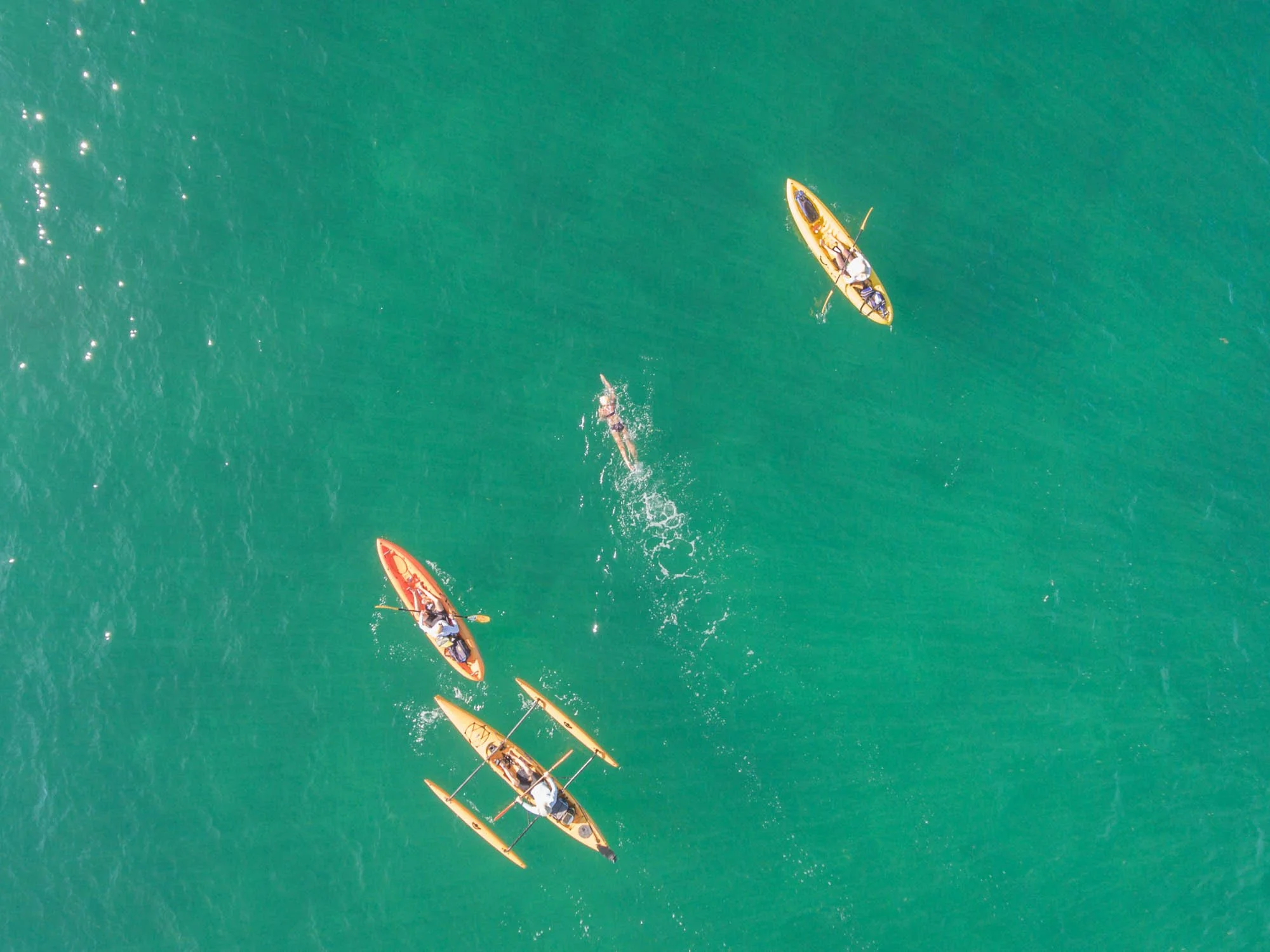npj Ocean Sustainability: Pathways to ‘a sustainable ocean for all’
By Rosalie Wright
The Oxford Seascape Ecology Lab is excited to share the first issue of a new interdisciplinary journal, npj Ocean Sustainability, and encourage new submissions. The journal is fully open-access and will publish high-quality research across diverse disciplines and topics of ocean sustainability.
Image credit: Grant Thomas, Ocean Image Bank.
The UN Sustainable Development Goals outline the social sustainability agenda as aiming for explicit promotion of social inclusivity, democracy, and equitable distribution of marine ecosystem goods and services. The new npj Ocean Sustainability journal is intended to provide a platform for sharing and debating research that leverages linkages between natural and social sciences. As we enter the UN Decade of Ocean Science for Sustainable Development, this journal comes at a critical time for science that supports practical solutions to achieving ocean sustainability.
“Achieving sustainable marine conservation for both people and the planet will take full engagement of the world’s scholars, practitioners, and communities. This new journal is an inspiring platform that elevates interdisciplinary and solution-orientated ocean research.”
Our oceans and human communities are highly interconnected, and there is an opportunity to embrace a variety of epistemological worldviews when making management decisions about the Ocean. At the core of the UN SDGs is the relationship between people and Nature. Human wellbeing has long been closely linked to the structure and function of the Ocean. npj Ocean Sustainability advocates for research that recognises connections between oceans and people, using natural and social science approaches. The journal also acknowledges the benefits of multiple ways of knowing and the diversity of human-ocean relationships, welcoming research across local to global scales.
“I am particularly excited by the innovative approaches featured in the new open-access journal npj Ocean Sustainability, which intends to provide a platform for sharing and debating interdisciplinary research that leverages linkages between ocean science, policy, and practice.”
Image credit: David Gross, Ocean Image Bank.
The first issue features three transdisciplinary research articles that demonstrate the solutions orientated nature of the journal. This includes a review article (Crosman et al.) on the importance of social equity in ocean governance, a Comment by Bennett et al. regarding local marine stewardship initiatives, and a second review piece (Galparsoro et al.) on the ecological effects of wind energy development. The issue closes with an inspiring editorial piece on the journal itself, “A sustainable ocean for all”, by Editor-in-Chief Dr Catarina Frazão Santos and her team.
“In 2023 the journal will launch new topical collections around key issues for ocean sustainability, welcome new Editorial Board members, and bring more exciting news! Sustainably governing the ocean is a collective responsibility of us all, and npj Ocean Sustainability is fully committed to supporting the identification of equitable and sustainable pathways and solutions.”
To read the first issue and find out more about the new npj Ocean Sustainability journal, follow this link.
Stay up to date with the Seascape Lab’s involvement in this journal by following us and PI Dr Lisa Wedding on Twitter: @OxfordSeaEcoLab @lisamwedding





